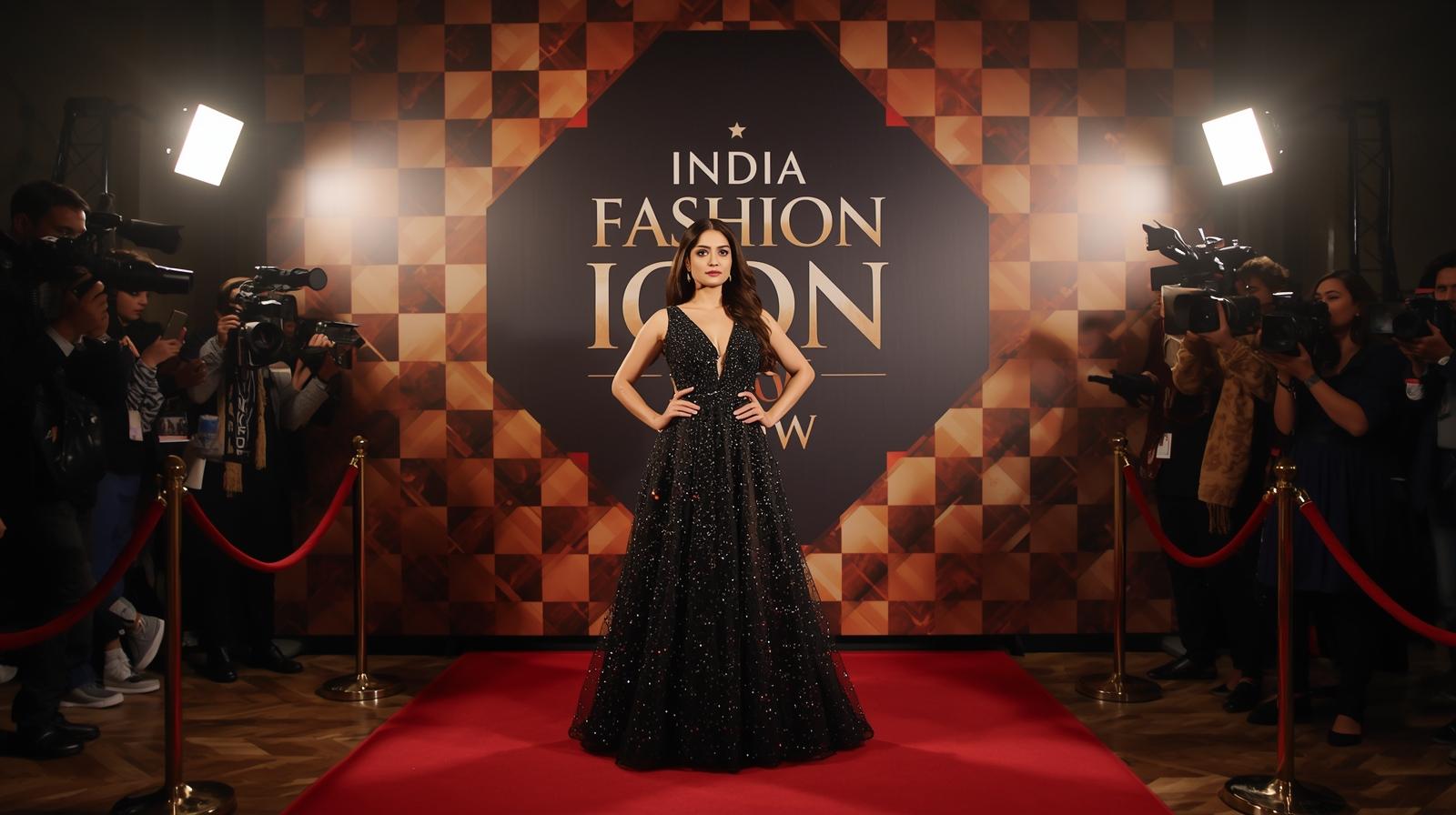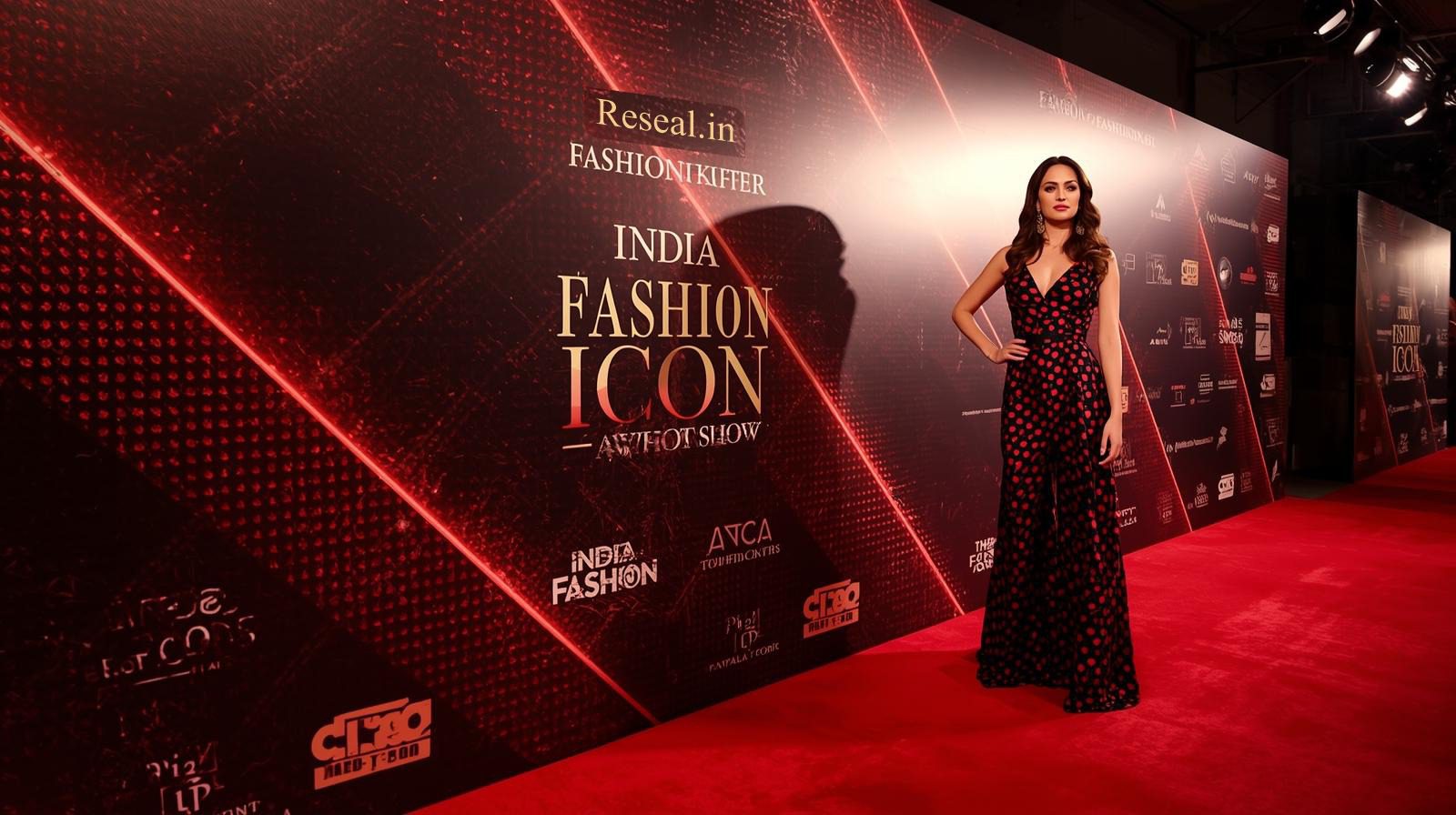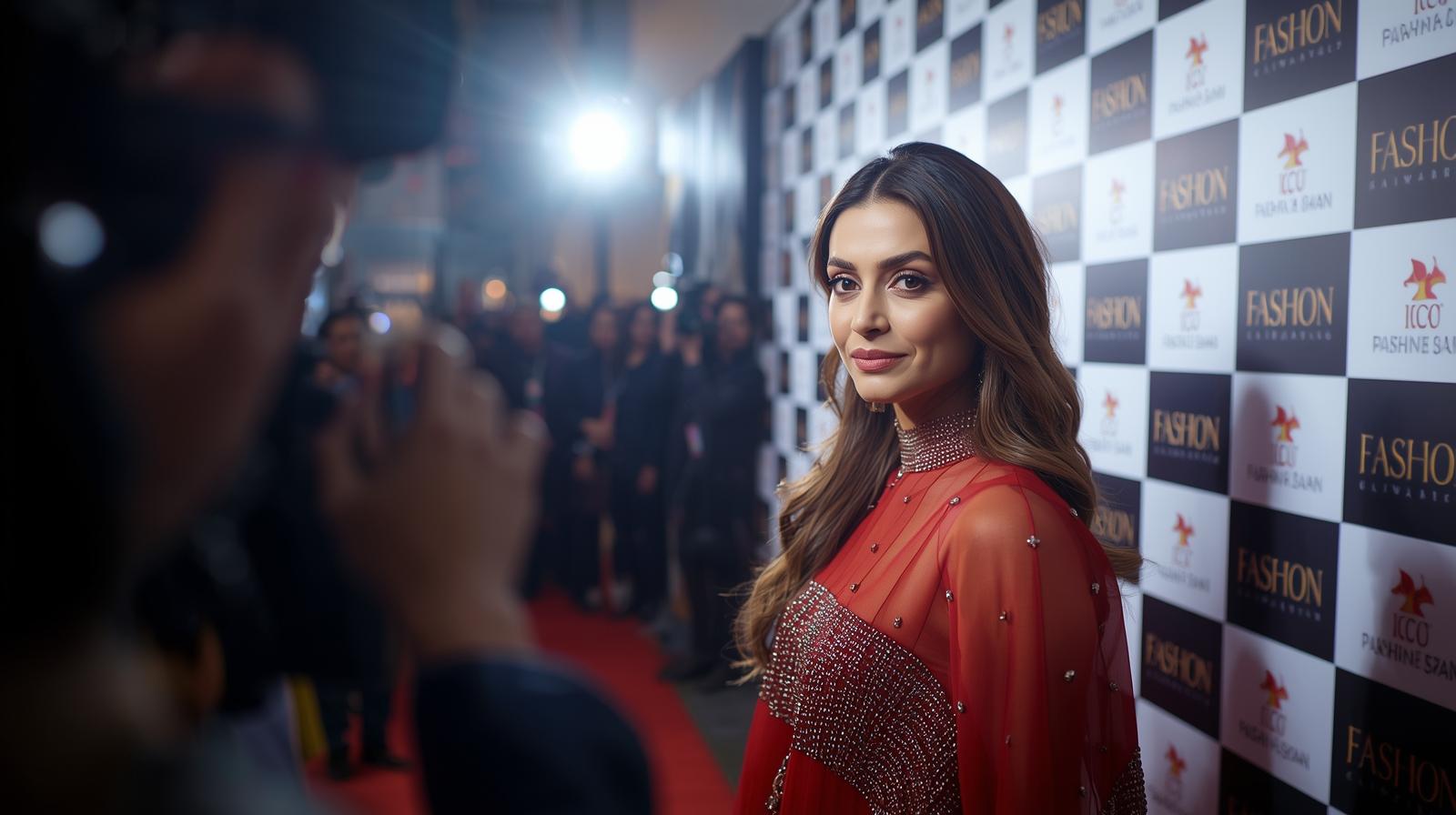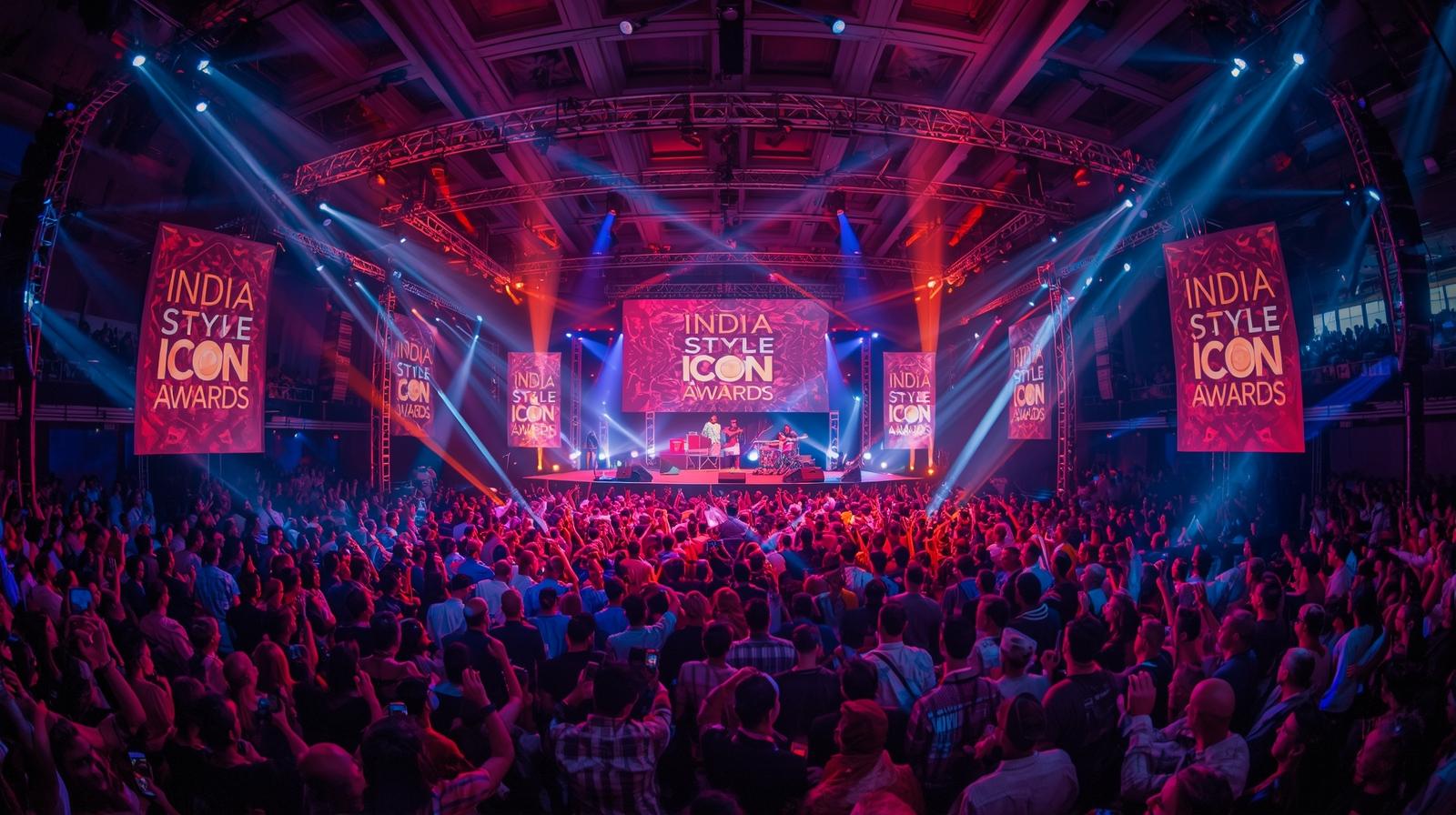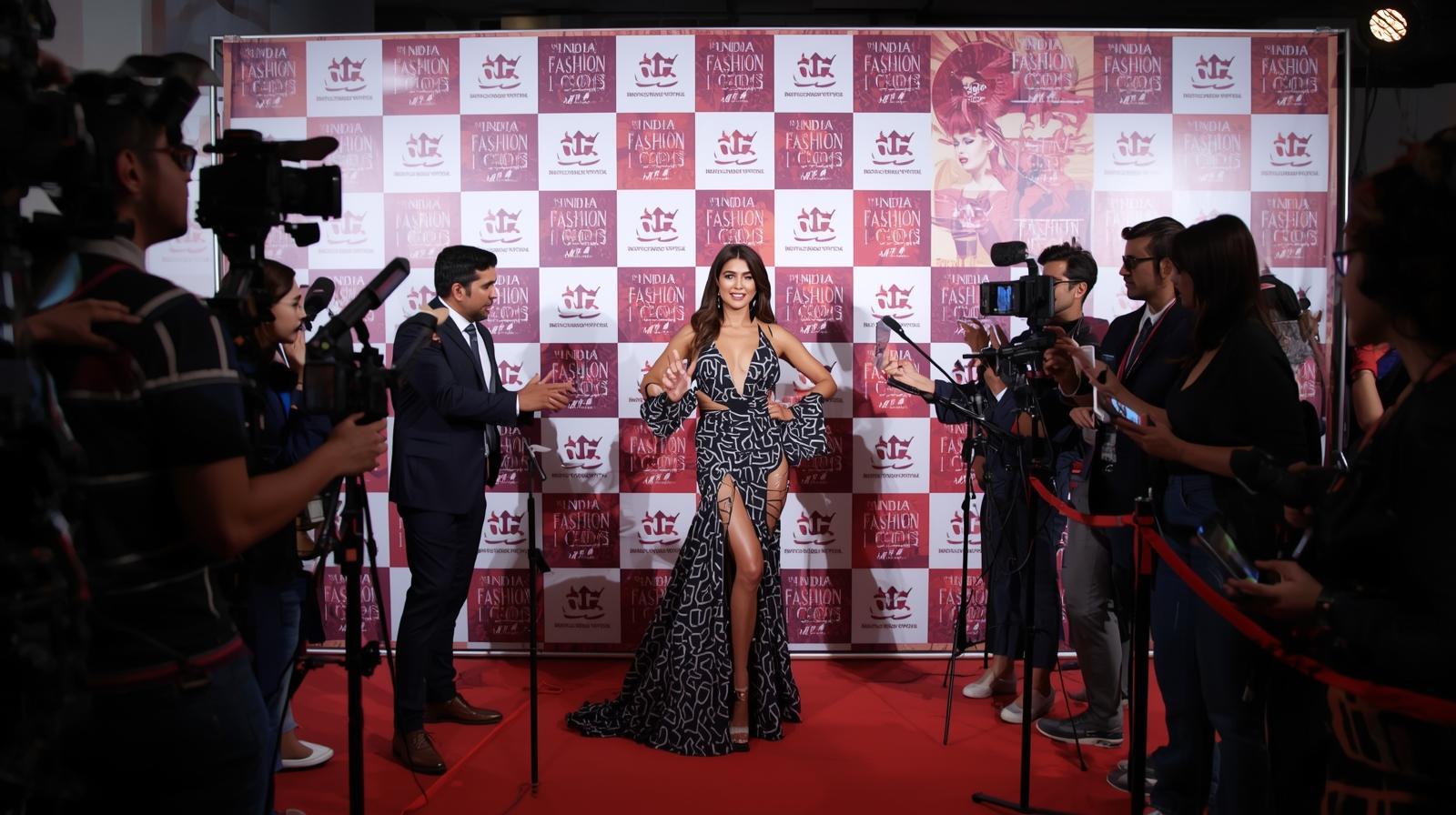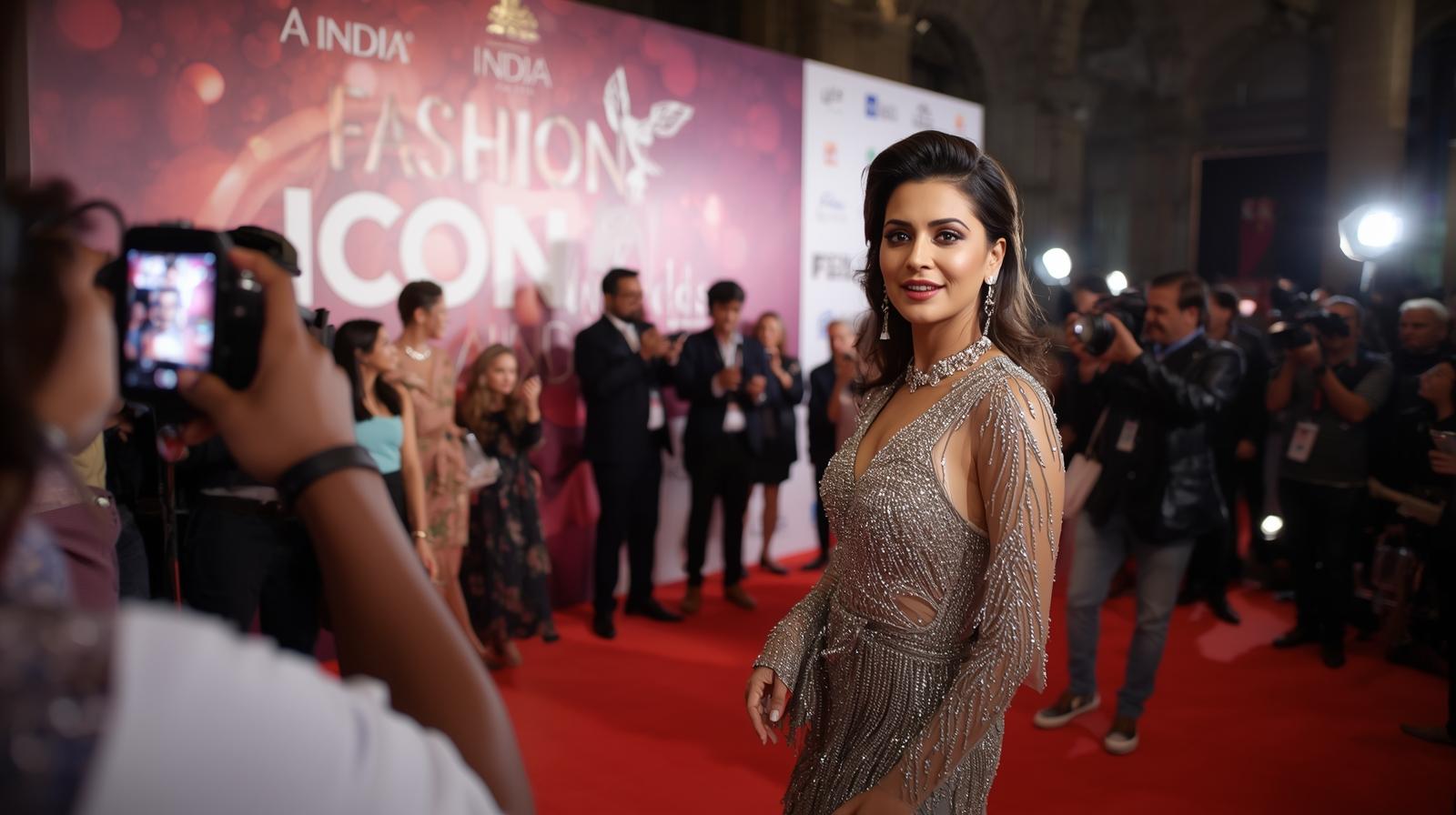In the world of fashion, imitation is often touted as the sincerest form of flattery. Yet for India’s internationally acclaimed designer Rahul Mishra, there’s a fine line between admiration and infringement—especially when it comes to those exploiting cultural craftsmanship for profit. This fierce defense of originality and artisan livelihoods has brought him into the legal arena in a landmark copyright case.
Origin of the Controversy: When Art Becomes Imitation
The saga began with Mishra’s celebrated “We The People” collection, unveiled at Paris Couture Week 2023. Among the standout pieces was the meticulously hand-embroidered Sunderbans “Tigress” motif, complete with flora and fauna, embodying Indian craft at its most evocative. What was meant to be a tribute to artistry soon devolved into disappointment when cheap, machine-made copies appeared—and prominently so.
CELEBRITIES—Kapil Sharma, rapper Badshah, and influencer Orry—unknowingly wore these replicas. Although Mishra has clarified that his legal action wasn’t directed at these public figures, seeing them parade the knockoffs sent shockwaves through his atelier.
The Legal Fight: India’s Couture Courtroom Drama
Determined to protect his original work, Mishra filed a lawsuit in the Delhi High Court, targeting several businesses identified for distributing these lookalikes. The court responded swiftly: an ad-interim injunction was granted, ordering the immediate halt on manufacture and sales of garments with designs closely resembling Mishra’s originals. Listings were to be taken down, and sales records preserved. The next hearing has been scheduled for November 19, 2025.
The High Court’s decision marks a striking victory—not only for Mishra but for creative integrity across India’s fashion ecosystem.
Why This Battle Matters
Mishra’s case goes beyond mere aesthetics. As he put it, “This is about preserving the dignity of handcraft, protecting livelihoods, and safeguarding the creative spirit that makes Indian fashion respected worldwide.”
Counterfeit versions retail for a sliver of the price one would expect for authentic, hand-embroidered originals—often under ₹20,000, when Mishra’s pieces cost upwards of ₹60,000 just for the embroidery. He warned that such pricing suggests exploitative manufacturing practices, potentially involving child labor or underpaid artisans.
Moreover, many designers express frustration over plagiarism, but few escalate it into courtroom action. Mishra hopes to turn this moment into a precedent—pushing for faster, decisive legal redress akin to what’s seen in countries like France, where counterfeit luxury items are seized at ports and destroyed.
Perhaps most telling of Mishra’s character is his commitment to the artisans at the heart of his creations. He pledged to dedicate half of any compensation received to support the children of his weavers and craftspeople—funds earmarked for education and training.
This courtroom win isn’t just a legal victory—it’s a cultural moment.
-
For designers, it serves as a powerful example that creative theft isn’t a cost of doing business—but a violation that must be challenged.
-
For consumers, it raises awareness about the value behind authentic craftsmanship vs cheap imitations.
-
For the industry as a whole, it signals the need for stronger intellectual property frameworks and enforcement.
For more style updates & exclusive fashion stories follow indiafashionicon.com

 info@indiafashionicon.com
info@indiafashionicon.com
